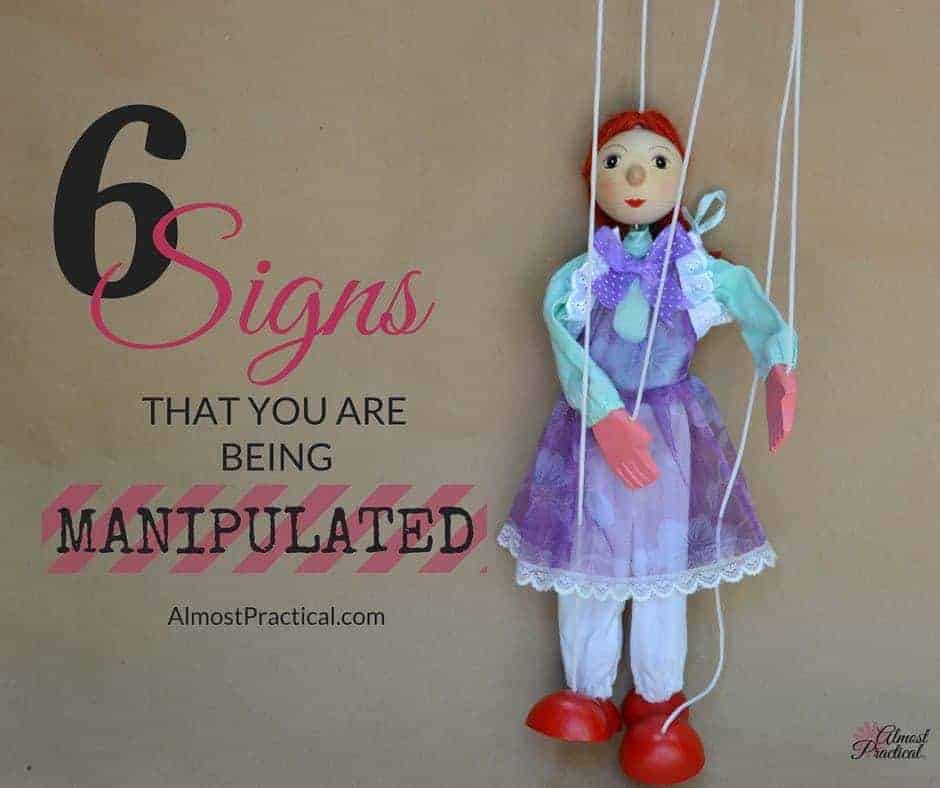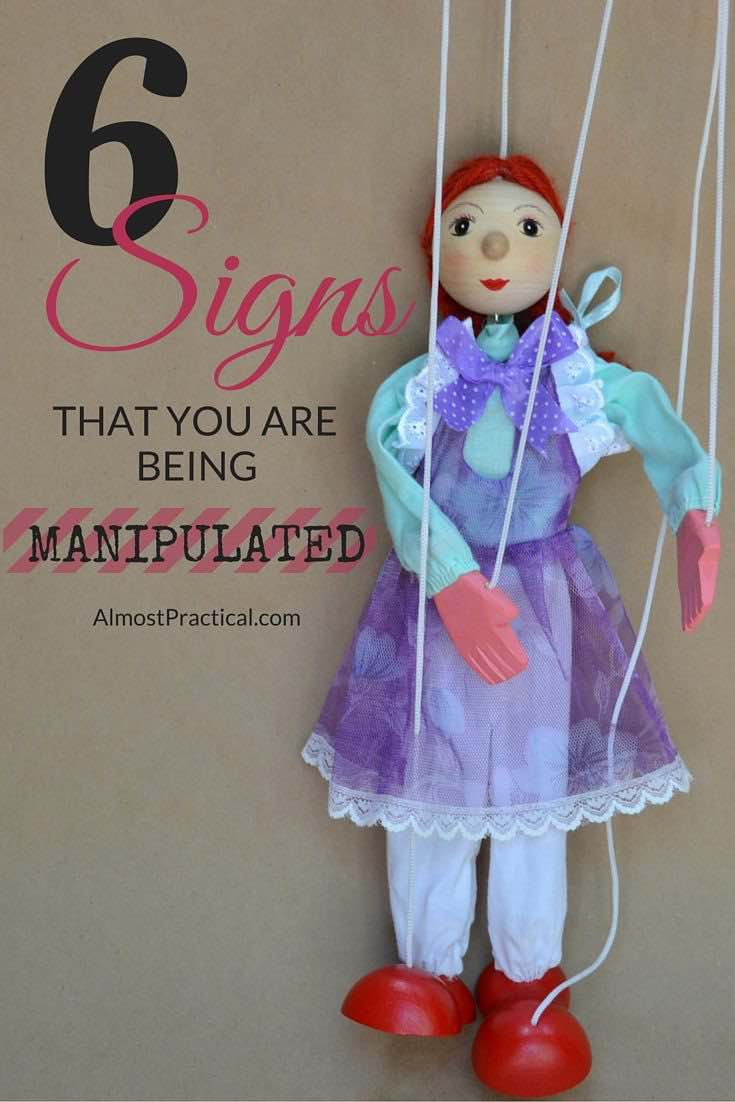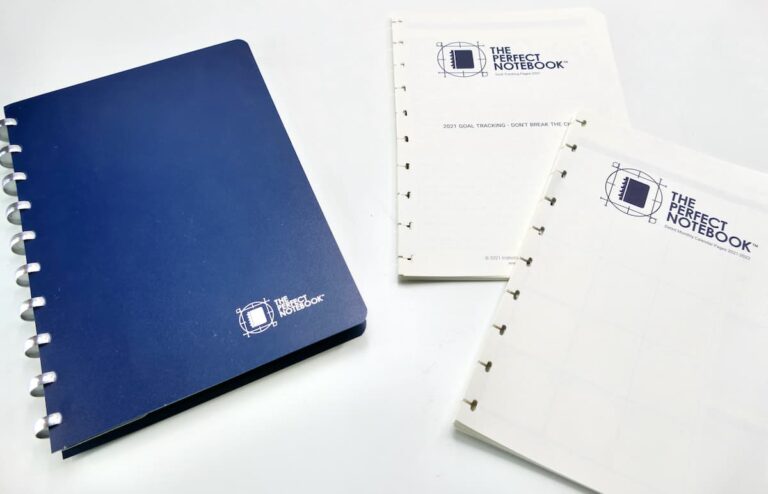Book Review: Influence by Robert Cialdini – Are you being manipulated?
This post may contain affiliate links which means I make a commission if you shop through my links.
Disclosure Policy
No one likes to be manipulated. But in the book Influence by Robert Cialdini – he shows us that we all are being controlled.

Yet we are bombarded with sales and marketing messages everyday.
More often than not, we respond in a very predictable way.
That is how companies make money.
They influence their potential customers into thinking that they want or need a product.
It’s not necessarily a bad thing.
People need stuff. It’s not wrong to want them to buy your stuff instead of your competitor’s.
However, understanding the tactics that sales people use can make you feel like less of a chump and more confident in your own buying decision next time you make a purchase.
In the book Influence – The Psychology of Persuasion, Robert Cialdini PH.D. describes each of these sales techniques in great detail.
As a small business owner, the book gave me some fascinating ideas.
As a consumer it made me realize that I am being manipulated every single day – and it also gave me strategies to say no firmly and politely.
First Understand Typical Human Behavior
Cialdini begins the book by talking about typical human behavior.
A well-known principle of human behavior says that when we ask someone to do us a favor, we will be more successful if we provide a reason. People simply like to have reasons for what they do.
He describes an experiment where a young woman tries to cut in line to make some photocopies.
First, she asks to cut and gives the reason that she is in a rush.
People generally let her go ahead of them.
Next she gives no reason, just says she has to make copies. They don’t let her ahead in this instance.
Finally, she asks to cut in but gives a bogus reason – May I cut in front of you because I have to make copies?
Surprisingly, people let her cut in even if the reason had no merit. Just the fact that she provide a reason was enough to satisfy.
The Weapons of Influence
In the book Influence, Cialdini calls the predictable way that people behave “weapons of influence” and breaks it down into 3 components
- the mechanical process by which the power of these weapons can be activated
- the exploitability of this power by anyone who knows how to trigger them
- the way that these weapons of influence can lend their force to people who use them
6 Ways You Are Being Manipulated
Cialdini also outlines 6 sales techniques that are designed to manipulate our behavior.
Have you had any of these happen to you?
1. Receiving Favors
It is human nature to want to reciprocate.
If someone does something nice for you, you usually feel the desire or the obligation to give back.
This behavior is exploited in sales when companies give you something free upfront. You then feel like buying something because they were so generous.
2. Commitment and Consistency
Most of us have principles.
We want to show the world that we are honest and dependable citizens.
In sales, people will feed on this strength of character by applying enough subtle pressure to help you come to the realization that if you don’t buy their product or service you will be sending an inconsistent message.
3. Social Proof
If everybody else is buying it, especially successful people that are similar to me – then it must be a pretty good product, right?
This thinking is social proof in action.
Marketers know this. They know that you want a product that will guarantee results.
That is why companies provide references and testimonials. This is all great – assuming that the kudos are true and genuine.
But often, people are paid to provide glowing feedback. Or actors are hired to appear like regular people that use a productive.
This type of “social proof” advertising is very deceptive.
As a blogger, I see legislation that attempts to limit the exploitation of social proof.
If we write about a product, we have to disclose if we are an affiliate (you will see my disclosure in every post), or if we received money or free product in exchange for a review.
The FTC does not want the public to think that we are providing an unbiased review, if we in fact received compensation.
Unfortunately, this rule does not apply to testimonials.
I usually apply the “grain of salt” philosophy.
I like to hear what people have to say, but I do my own research and make decisions on a variety of factors – not testimonials alone.
4. Likability
Building on social proof is the concept of likability.
The more we like someone, the more we want to do business with them.
When there is a lot of competition, the deciding factor can be how much a client likes the service provider.
Years ago, we used a real estate agent when we sold our home.
When we were thinking of putting the house on the market, we received referrals to two different real estate agents who happened to work in the same office.
My husband and I interviewed both professionals.
The services offered by both agents were the same – so our decision was really based on who we liked better.
5. Authority
This strategy plays on so many of our weaknesses – especially online.
It is so easy to combine great graphics with social proof and put together marketing materials that make a person appear authoritative.
This commercial where a DJ poses as a financial planner shows you how easy it is to fake authority:
Scary, right?
In the book Influence, Cialdini offers two questions to ask yourself, next time you make a decision based on authority:
- Is this person truly an expert?
- If they are, then how truthful can we expect them to be?
Once again critiquing your own judgment is key to making a good decision.
6. Scarcity
Ooh – I hate this one but let’s face it – scarcity works.
Only 3 left in stock! The price is good for one day only! Doors close at midnight!
This technique gets people off the fence and forces them to make a quick buying decision.
As a consumer – this puts the pressure on and sometimes you end up with things that you really didn’t want.
But for businesses this strategy makes sense and if used judiciously it can actually make you look more authoritative.
As a service provider, I now put an expiration on quotes that I give to prospective customers.
The quote that I provide today is based on many factors including my costs and my availability.
A year from now, that quote may be completely inaccurate, as my own situation and costs may change.
I like to give my clients time to think on it – but I also like to show them that I have a business to run, and that I run it efficiently.
The Next Time You Feel Pressure To Buy
Now that you have been armed with this arsenal of manipulation, I am sure that you will recognize if you are being subject to reciprocity, commitment, social proof, likability, authority, or scarcity.
Once you are wise to it – you can then make a more informed decision.
Leave a comment below and tell about when you fell for one of these strategies or when you have used one effectively.
If you missed last week’s review on Blink by Malcolm Gladwell – you can catch it here.
Recent Book Club Selections
- Blink by Malcolm Gladwell
- Ask and It Is Given by Jerry and Esther Hicks
- A Happy Pocketful of Money by David Cameron Gikandi
- The 8th Habit by Stephen R. Covey
Pin It









Hi Neena,
Oh boy do I love this article you have written. I am familiar with this book and it does get the wheels turning in your head. Both as a consumer and a marketer. You have done a great job here putting it all in a nutshell.
Manipulation is the name of the game in marketing. The first one is amazing how it works. Someone opts into our email. We give them something free or of value to them. Immediately they feel like they owe us a favor, so maybe they buy something from us. I was a victim of that one for a long time lol.
I do use this one, but I do like to give a clear message to people that if it is not for them, then please unsubscribe. The last thing I want to do is have people on my list that find me annoying.
When I’m writing a sales letter, I do leave out some of these points because I know it is manipulation. Some of my mentors tell me I’m crazy for not doing this….especially scarcity. I will only do scarcity on my list when I do a special offer for a day. Not lying and say only 3 left kind of thing. Bad karma! lol
Thanks again for this amazing post. I will be sharing it.
-Donna
Hi Donna,
This book really was very interesting. I tried not to put a negative spin on the strategies – because actually they can all be used authentically. They are solid techniques and don’t have to be used to take advantage of people.
Scarcity, for example – putting an expiration on an offer makes sense for the provider because you can’t keep an offer open forever. But the Black Friday type thing where you only offer two items at the cheap price is kind of sleazy.
I will be referring back to this book as I create sales materials to look for ways to reach people with an honest message.
It is no fun to be on the receiving end of a bad deal.
Thanks so much for sharing this article and for your fantastic comment!